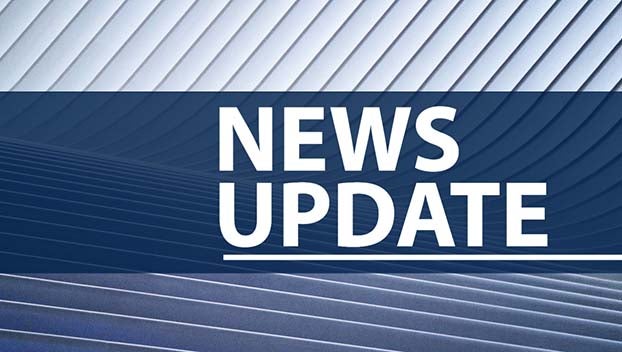Louisiana Courts wrap up language access projects with the U.S.
Published 6:30 pm Thursday, January 26, 2023
|
Getting your Trinity Audio player ready...
|
In 2019, the Supreme Court of Louisiana entered into an agreement with the United States Department of Justice, whereby the Supreme Court would oversee improved services for non English speakers involved in criminal and civil litigation throughout the state. Pursuant to the agreement, the Supreme Court embarked on a system-wide study of state courts, ascertained areas for improvement, implemented various changes to court procedures, and took numerous additional steps. The specific steps taken for improved language access to court proceedings and operations in the Louisiana court system included:
- Creation of an Office of Language Access (OLA);
- Completion of a language access self-assessment of the Louisiana courts;
- Adoption and publication of the first Language Access Plan for the Louisiana courts;
- Removal of text from Louisiana Code of Civil Procedure, Article 192.2, which previously authorized courts to assess persons with limited English proficiency for the cost of
interpreters (Act 207 of 2021 Regular Session);
- Creation of a centralized complaint system that addresses concerns about retaliation and includes an online complaint form in Spanish, Vietnamese, Arabic, and Chinese;
- Establishment and maintenance of the Language Access Stakeholder Committee;
- Creation of training modules for judiciary employees and other stakeholders;
- Provision of quarterly language access communications to judges and court staff;
- Creation of language access training protocols, presentations for judges and court personnel, and a language access article in the Louisiana Bar Journal;
- Provision of funding for translated materials;
- Adoption of language access plans by local courts;
- Creation of a language access judicial bench card for judges and court staff;
- Appointment of local court Language Access Coordinators; and
- Adoption of Louisiana Supreme Court rules in December 2022, applicable to all Louisiana courts, regarding language access. These rules include a requirement that judges appoint
qualified interpreters for court proceedings upon a determination that a party in interest is a
person with limited English proficiency.
With the goals of their agreement having been met, the Supreme Court’s work directly with the United States Department of Justice has drawn to an end. However, the Supreme Court remains engaged in improving access to the judicial system for everyone.
On the occasion of wrapping up the Supreme Court’s work with the U.S. Department of Justice, Chief Justice Weimer commented, “I would like to commend all those who worked diligently to improve access to justice in Louisiana for limited English proficient individuals. I look forward to continuing our positive progress in further expanding accessibility to courts for all individuals.” Chief Justice Weimer also remarked, “From the efforts made to date, Louisiana’s judicial system now serves as a model for other states. We receive calls from other states asking for information to help improve their judicial systems. So, I would particularly like to thank our judges and dedicated court administrators from all over the state for their assistance with this effort. ”
“This process, which was spearheaded by Chief Deputy Judicial Administrator Brian Wiggins, required the full cooperation and involvement of the entire judiciary,” said Louisiana Supreme Court Judicial Administrator Sandra Vujnovich. “In addition to our judges and court administrators, thank you to our various partners, including the Louisiana State Bar Association’s Access to Justice Committee and the many other dedicated individuals who served on the Language Access Stakeholder Committee. From drafting the state’s first Language Access Plan to producing online training modules for judges, lawyers, and judicial partners, we have dramatically increased the resources available to assist limited English proficient individuals.”
The online training modules were produced by the National Center for State Courts with a grant provided by the State Justice Institute, a non-profit established by federal law to distribute grants to courts. The modules may be used by all justice system partners including judges, administrators, clerks of court, law enforcement and lawyers to learn more about language access and court interpreters.
For more information on the Louisiana Supreme Court’s Language Access and Court Interpreter Programs, visit www.lasc.org/languageaccess or contact Louisiana Supreme Court Public Information Specialist/Coordinator Trina S. Vincent at tvincent@lasc.org or (504) 310-2590.





